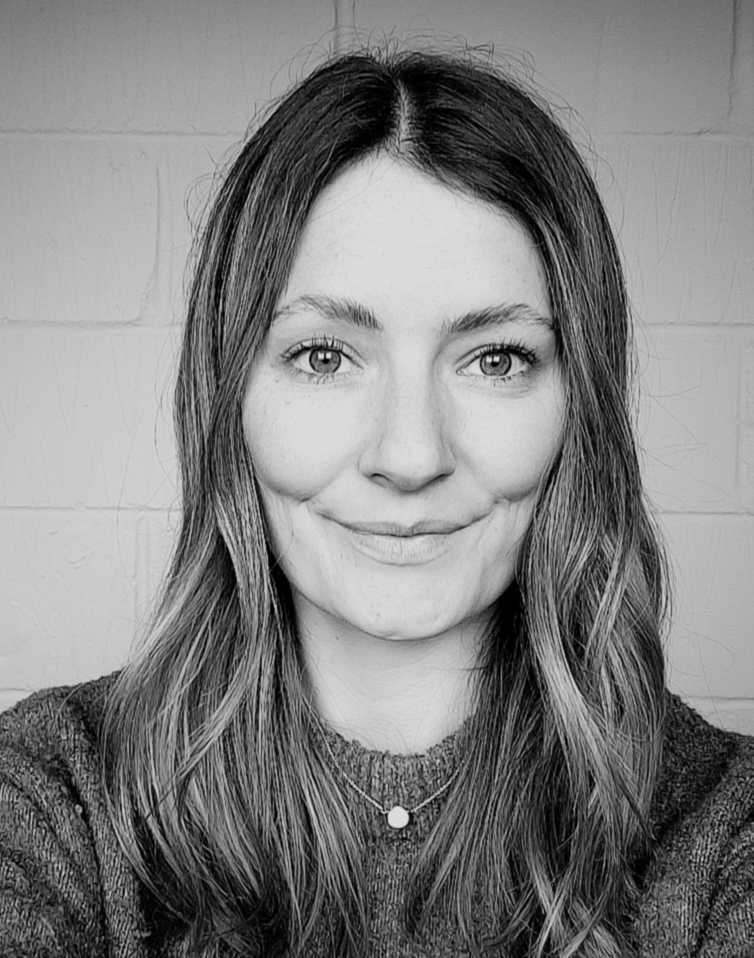Biological Treatments of Major Depressive Disorder & Phobias (DP IB Psychology) : Revision Note
What are Biological Treatments?
Biological treatments are used to treat disorders such as MDD and phobias using drug therapy
The use of drug therapy is in line with the biomedical approach to treating disorders
The depressed or phobic patient is prescribed a drug that will work on the physical cause of the disorder e.g. brain chemistry
Antidepressants are widely used to treat a range of disorders as well as MDD e.g. OCD, GAD, PTSD which means that they treat the symptoms of depression and also the symptoms of anxiety disorders (which include phobias)
Examples of widely prescribed antidepressants are:
Selective Serotonin Reuptake Inhibitors (SSRIs): they work by increasing the amount of serotonin available in the synaptic cleft e.g. fluoxetine, citalopram
Serotonin-Noradrenaline Reuptake Inhibitors (SNRIs): they work in a similar way to SSRIs but are considered more effective than SSRIs e.g. duloxetine, venlafaxine
Monoamine Oxidase Inhibitors (MAOIs): they work by increasing the amount of neurotransmitters such as serotonin in the brain e.g. phenelzine, tranylcypromine

Antidepressants may provide a quick, easy and cheap solution for a range of disorders.
How are biological treatments used to treat MDD & phobias?
The most widely prescribed form of antidepressant is the SSRI which works to prevent the reuptake of serotonin in the synaptic cleft back into the presynaptic neuron and thus increase available serotonin in the brain
Serotonin levels have been linked to depressive symptoms (e.g. low or disrupted levels of serotonin have been implicated in the onset of MDD) - this is known as the monoamine hypothesis

SSRIs work by preventing serotonin molecules from being absorbed back into the presynaptic neuron.
Phobias are less likely to be treated with SSRIs than MDD is
MAOIs are less likely to be prescribed for MDD as they tend to work best on anxiety disorders such as panic disorder, phobias and PTSD
MAOIs are a long-established drug therapy prescribed for a range of disorders, having been introduced in the 1950s
Phenelzine, which is a MAOI, has been found to be effective in reducing the symptoms of phobias, social phobia in particular
Evaluation of biological treatments for MDD & phobias
Strengths
Drug therapy has resulted in far fewer people being hospitalised, instead patients are able to manage their disorder, giving them more freedom and autonomy as a patient
Drug therapy is cheap and immediately available unlike therapy e.g. CBT, which requires a trained therapist, is conducted over months or even years and in many cases means that the patient has to join a waiting list for treatment
Weaknesses
SSRIs are the most common treatment for MDD, but there is still some (quite heated) debate as to their efficacy in treating MDD and other disorders i.e. some clinicians argue that they produce a placebo effect
The debate surrounding antidepressants and the monoamine hypothesis generally may be due to multiple factors, probably based on the idea that depression is a group of disorders with several underlying pathologies rather than one distinct disorder (Lee et al. 2010)
Which studies investigate biological treatments for MDD & phobias?
Kroenke et al. (2001) - SSRIs used to treat MDD
Liebowitz et al. (1988) - MAOIs used to treat phobias
Examiner Tips and Tricks
Make sure that you have learned the names of the different types of drug treatments so that your essay response has authority. Make sure you don’t confuse the names of the drugs (e.g. SSRI and SNRI are almost identical) as this will reduce the quality of your response.

You've read 0 of your 5 free revision notes this week
Sign up now. It’s free!
Did this page help you?

